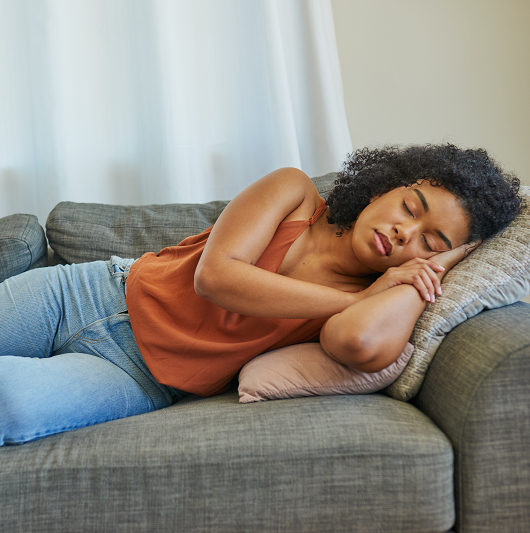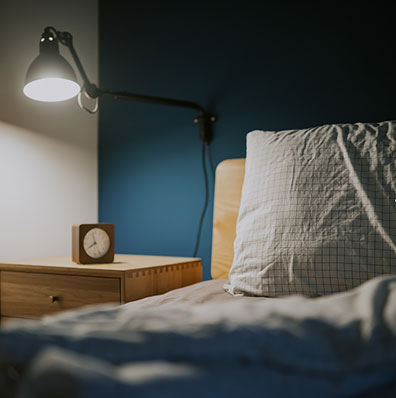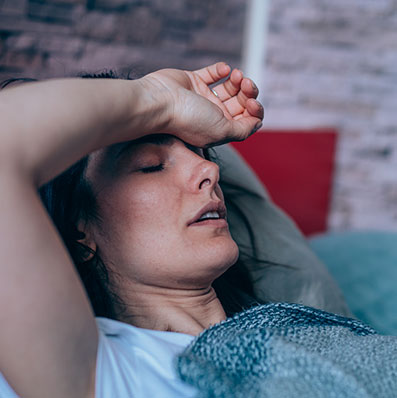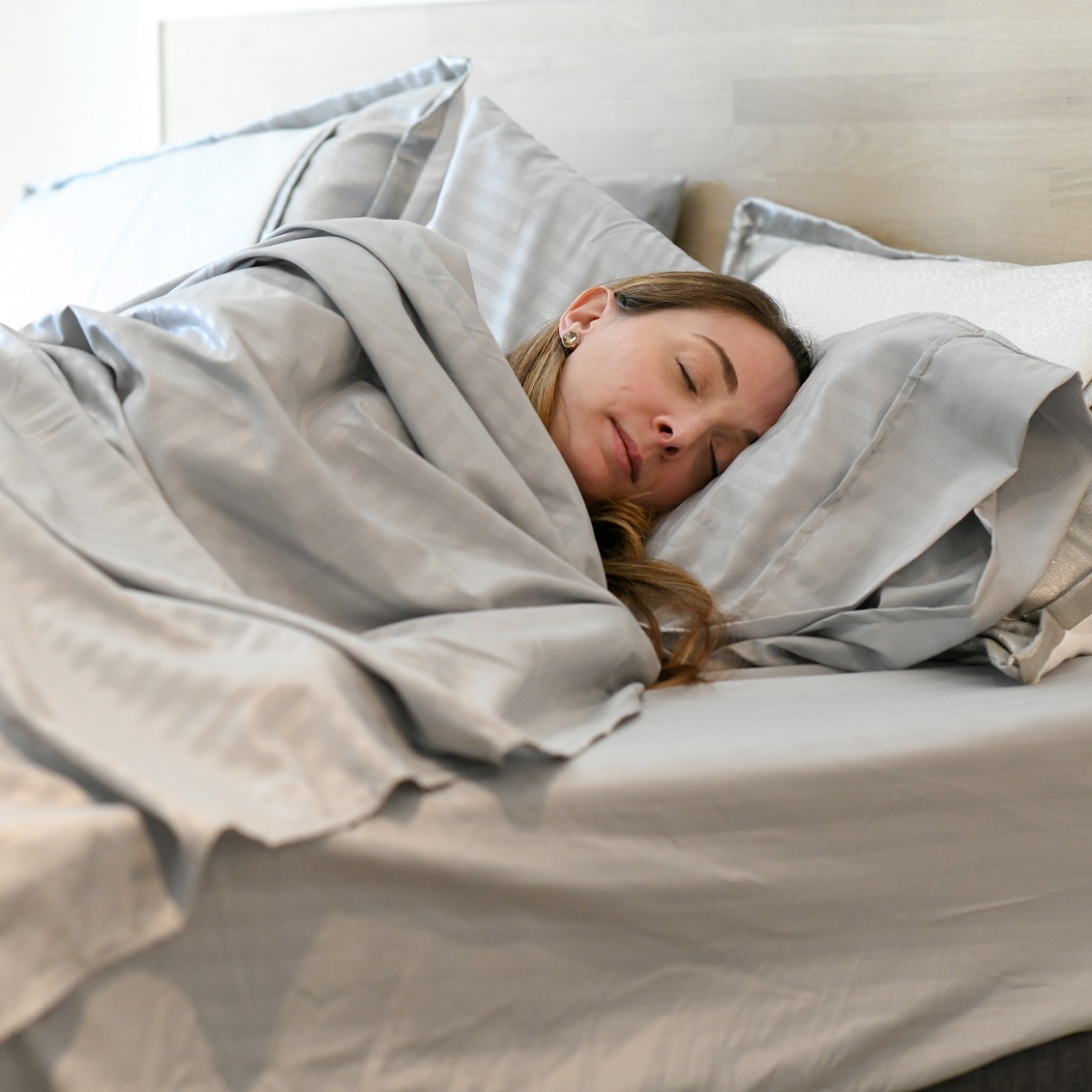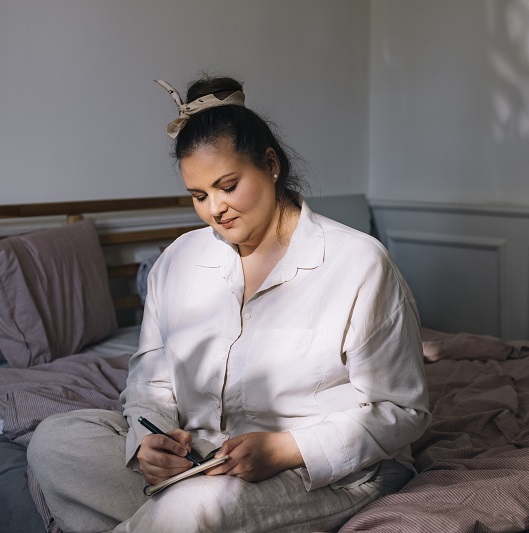Everything You Want to Know About Sleep (But Never Thought to Ask)
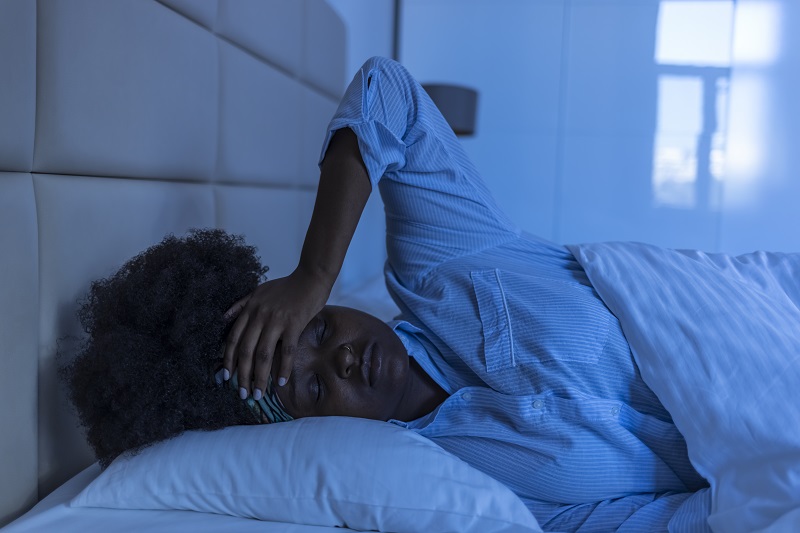
June 04, 2019
We are betting you already know the recommended amount of nightly sleep for healthy adults. You probably also know the degree of havoc lack of sleep can wreak on our physical, emotional and cognitive well-being... But, how much do you know about nightmares? Or microsleeps? Or what really happens when you wake a sleep walker?
When it comes to sleep, we all have a lot to learn. Fear not and pull in close, Adrian Pristas, M.D., medical director of Sleep Medicine at Bayshore Medical Center and Riverview Medical Center, is here to help unlock the deepest mysteries of sleep that we have all questioned, but never thought to ask.
Q: Help! My partner snores like a sea creature! What can I do?
A: First thing, you really should get her/him to a sleep doctor to see if the snoring is connected to sleep apnea. Snoring is almost always connected to some amount of sleep apnea, but you just don’t know until a sleep doctor, or even your primary care doctor makes a determination.
Things about your partner’s sleep habits you want to pay attention to and share with your doctor include:
- Do you ever see her not breathe?
- Do you see her stop and gasp?
- Does she remember that she does this at night?
- Is she napping during the day, or is she sleeping nine hours to try to get a decent night’s sleep, but still tired all day long?
- Does she do anything else at night that seems out of the ordinary?
Sometimes snoring is all there is and there is no sleep apnea, and there are simple ways to fix that. While there are some studies that suggest there might be some health risks with snoring, by and large snoring in itself is not a health problem, other than that it can be disruptive to the snorer and the unfortunate bed partner forced to sleep next to that… sea creature.
Q: Is it true you shouldn’t wake a sleepwalker?
A: Nope. It’s fine to wake a sleepwalker, though it’s not usually necessary. While there is not anything wrong or dangerous about waking them, you can usually peacefully redirect a sleepwalker back to bed without disrupting them by either firmly and gently telling them to go back to bed, or getting up and guiding them back into bed yourself.
Sleepwalking is common in children and rarely cause for concern. Sleepwalking in teenagers and adults is much less common and really should be evaluated by a pediatrician or primary care doctor. It could mean there are other medical conditions at work.
An adult that sleepwalks or acts out their dreams should see a doctor right away. When someone acts out their dreams - for example flailing or fighting in bed while they think they are beating up that scary dream monster- that could be a problem. The sad reality is that these symptoms usually predate Parkinson’s Disease. Parkinson’s patients usually do that even before they show signs and symptoms of Parkinson’s.
Q: What is microsleeps?
A: Microsleeps are very brief fractions of time when you just start to fall asleep, and wake yourself up. Have you ever sat down in the evening to read and found yourself rereading the same sentence five times because you can’t concentrate? No matter how hard you try to retain what you are reading, you keep losing it. Those are usually microsleeps, and they come from lack of quality sleep. You may have tossed and turned for eight hours, but you didn’t get eight hours of healthy sleep.
Q: There’s nothing wrong sleeping in a little on weekends, is there?
A: Setting a consistent wake up time is the single most important thing when trying to reset your clock. For anyone trying to get back on a healthy sleep schedule, wake-up time is the critical time. The number one thing to conquer is getting up at the same time every day - yes even weekends. Can you cheat once and a while? Yeah, you have to. We all do. Life is what it is. It happens. However, you should be in the habit of getting up at the same time, every day. If you do that, you will go to sleep at approximately the same time every night. Your body will tell you to.
Remember, be patient. You can’t change course in a day or two, and it could take up to two months of good behavior and healthy sleep habits to get your circadian rhythm lined up… Circadian rhythm is about more than wake-up time and bedtime; there are hormones connected to it, and you have to be on a steady rhythm - asleep for eight hours and awake for 16 - for your body to start realigning properly.
Q: Do women need more sleep than men?
A: You can’t have a good day without a good night’s sleep. It’s a person to person thing, not a male vs. female issue. 95% or more of the country needs between 7.5 and 8.5 hours of sleep each night. Adults getting less than that are usually kidding themselves. As many as 25% of people in New Jersey get six hours of sleep a night… Or less. That is a big deal. If you’re getting less than six hours or less of sleep, your reaction time is the same as if you’ve been drinking alcohol.
For every one night you do not get enough sleep, you lose two days. If you don’t get enough sleep tonight, the stuff you learned, retained, experienced today won’t be remembered as well tomorrow; and your capability to learn, retain and remember tomorrow will be diminished as well, because you’re deprived of sleep. You’ve essentially ruined two days with one poor night’s sleep.
Unfortunately, many people just don’t think that eight hours of sleep is that important. The truth is, though, it is as important if not more than our 16 waking hours. If you are going to your cardiologist, endocrinologist, primary care doctor, etc., to take care of medical problems, a lot of the therapy they institute is undone or ineffective because you’re not getting healthy sleep, or you have some kind of sleep disorder that needs to be addressed. If you have a sleep problem or you think you have a sleep problem, you need to get it looked at just like you would any other medical concern.
Next Steps & Resources
- Meet our sources: Adrian Pristas, M.D.
- To make an appointment with a health care provider near you, call 800-822-8905 or visit our website.
The material provided through HealthU is intended to be used as general information only and should not replace the advice of your physician. Always consult your physician for individual care.
